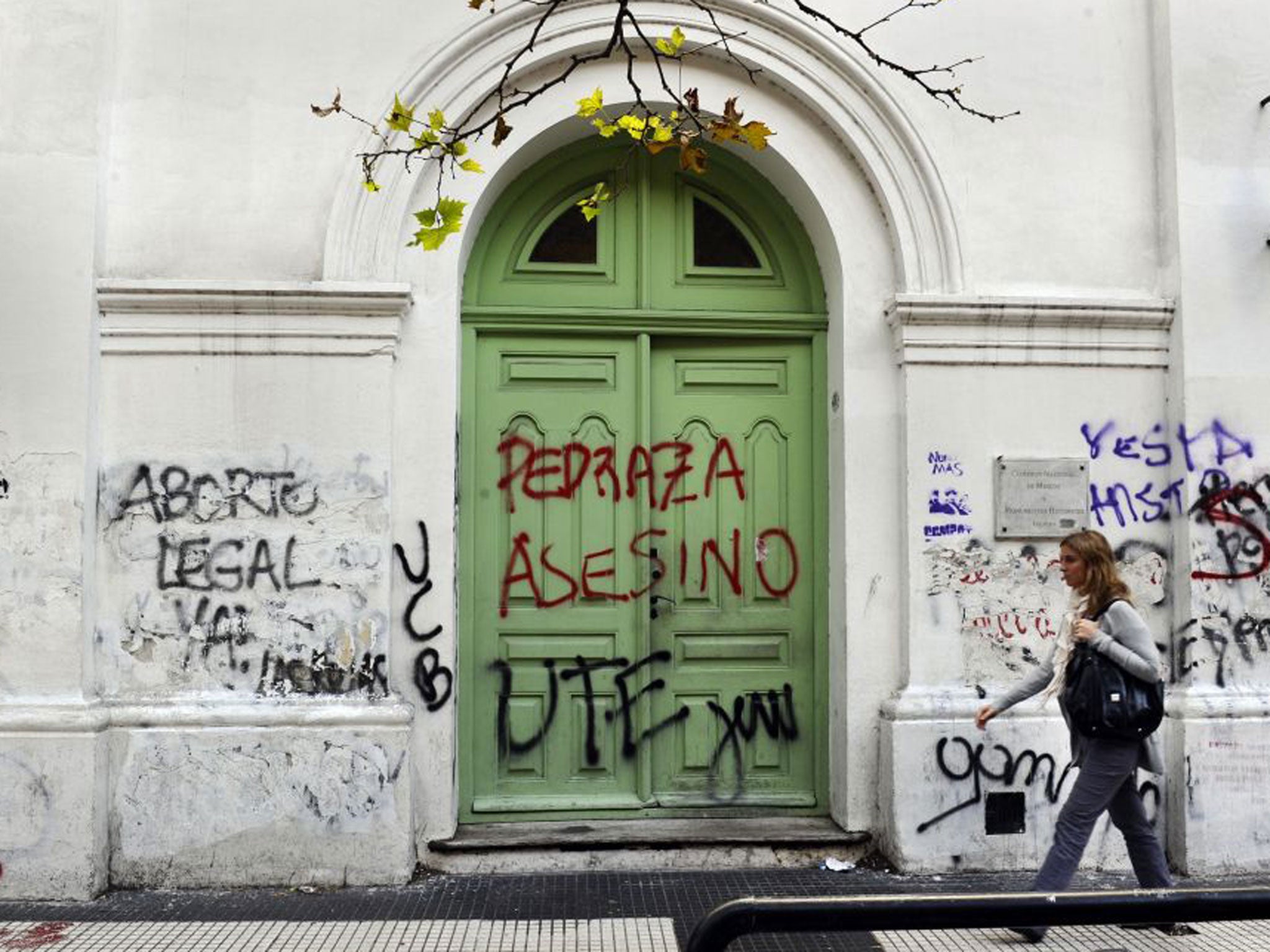
Your support helps us to tell the story
From reproductive rights to climate change to Big Tech, The Independent is on the ground when the story is developing. Whether it's investigating the financials of Elon Musk's pro-Trump PAC or producing our latest documentary, 'The A Word', which shines a light on the American women fighting for reproductive rights, we know how important it is to parse out the facts from the messaging.
At such a critical moment in US history, we need reporters on the ground. Your donation allows us to keep sending journalists to speak to both sides of the story.
The Independent is trusted by Americans across the entire political spectrum. And unlike many other quality news outlets, we choose not to lock Americans out of our reporting and analysis with paywalls. We believe quality journalism should be available to everyone, paid for by those who can afford it.
Your support makes all the difference.
Arriving in an unknown city isn’t easy. You need time to gauge its pace, its idiosyncrasies, what makes it tick. Argentina’s capital is, however, easier to read than most of the world’s metropolises: its clues are quite literally scribbled on the walls.
In a land where political fence-sitting isn’t an option, barricades and barriers in Buenos Aires abound with crudely penned commentaries. In the run-down Once neighbourhood, an official yellow sign announces refurbishment work overseen by mayor Mauricio Macri. Next to the unpopular right-wing leader’s name, black spray can letters spell “basura” (scum). After April’s flash flooding, the words “under water” appeared next to the Buenos Aires City logo.
Walls have always played an important role in Argentina and Latin America – a cheap way to advertise a political candidate. Fast-forward to the present day and “conscious” graffiti has spread to the masses, aided by a police force with bigger fish to fry.
Around Argentina’s national Congress building a lively opinion forum is visible among the cracked pavements, desecrated statues and stencilled buildings – everyone and everything is represented, from criticism of President Cristina Fernández de Kirchner’s questionable personal fortune to a red outline of Julio López, a witness in a human rights trial who disappeared without trace in 2006.
In the upscale northern neighbourhoods, the coarse letters have been replaced by arte callejero (street art). Far from being seen as a social menace, expressing yourself on an empty wall space is positively embraced. If Banksy were Argentinian, he’d be a national hero.
Join our commenting forum
Join thought-provoking conversations, follow other Independent readers and see their replies
Comments